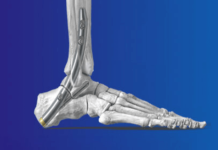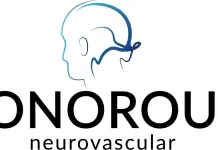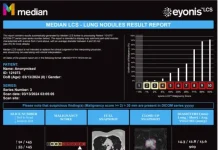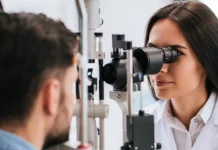Trinity Biotech unveiled its new flagship continuous glucose monitor (CGM) biosensor system. CGM+, a next-gen wearable biosensor, aims to take on the growing AI wearables market. The Dublin, Ireland-based company said it has the system in the later stages of device development. The new AI-native CGM combines multi-sensor data with real-time analytics to meet the evolving demands of AI-powered healthcare and wellness.
Unlike traditional CGMs focused solely on glucose monitoring, Trinity says CGM+ offers a variety of measurements. It combines an ultra-thin, minimally invasive electrochemical glucose sensor with the monitoring of heart activity, body temperature and physical activity, all within one sleek, user-friendly, modular wearable device.
Related: Varian launches microwave ablation system for soft tissue tumours in Europe
According to Trinity, it has work underway to optimize the multimodal data stream for real-time AI analysis. This would enable a deeper, more contextual understanding of metabolic and physiological health. It believes the additional data can provide insights into essential metabolic factors like sleep, stress and physical activity.
“CGM+ is not just a device—it’s a proprietary data engine we are building for the AI health ecosystem,” said John Gillard, CEO of Trinity Biotech. “We believe this technology can power the next wave of personalized, predictive, and preventative care—while opening up entirely new commercial pathways for Trinity Biotech, from device sales to AI-driven data services. It will also position us to compete well beyond traditional diagnostics, at the intersection of chronic disease management, digital health and consumer wellness.”
The company recently shared plans to strategically realign to focus on CGM technology. Earlier this year, Trinity said it expects to submit the CGM to the FDA in 2026.
According to Trinity Biotech, the current wearable AI market is expected to surpass $260 billion by 2032. It believes CGM+ is uniquely positioned at the intersection of this and the CGM and AI in healthcare sectors.




